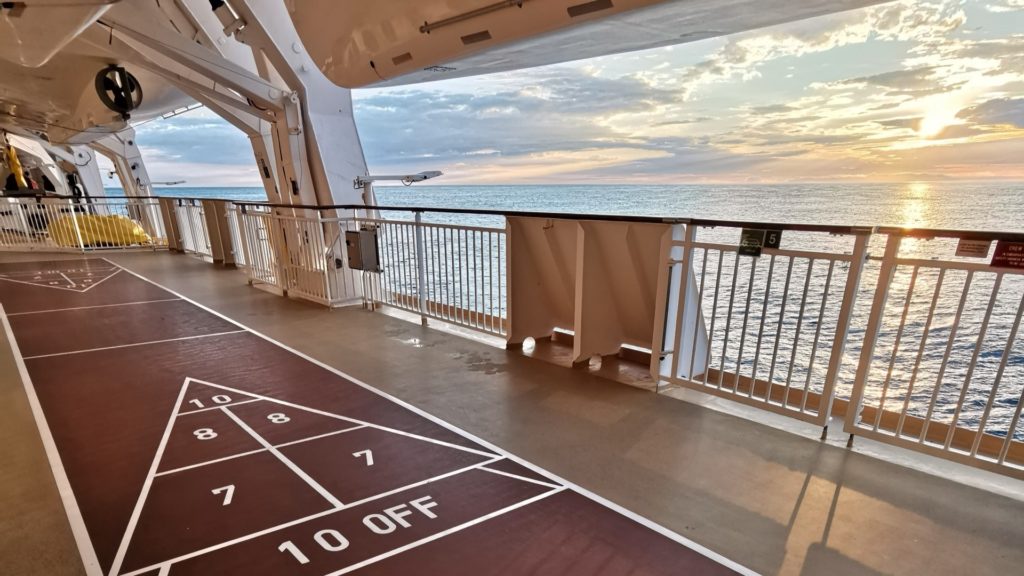As the world continues to face the challenges related to COVID-19, the suspension of global cruise operations is having a devastating impact on economies around the globe.

Since the outbreak of the coronavirus in China, the world has been suspiciously following the public health situation. Due to the increasing popularity of cruise holidays – according to predictions from CLIA (the world’s largest cruise industry trade association), this year about 32 million people would have chosen a holiday at sea – the eyes are mainly focused on the cruise sector.
But while it’s easy to focus on cruising because of its high profile, the fact is cruising is neither the source or cause of the virus or its spread. What is different about the cruise industry is the very stringent reporting requirements applicable to vessels that do not apply to comparable venues on land where the spread of communicable disease is just as prevalent. It would therefore be wrong to assume that a higher frequency and visibility in reporting is adequate proof of a higher frequency of infection.
Fact remains that the vast majority of the more than 270 cruise ships in the fleet of CLIA members were not affected by this virus. This is, in large part, thanks to the rigorous measures taken by CLIA cruise lines in response to COVID-19 based on guidelines from global health authorities, including the U.S. Centers for Disease Control and Prevention (CDC) and the World Health Organization (WHO). These measures include the rapid realization of strict screening protocols, improved sanitation measures and the availability of medical care and treatment on board, 24 hours a day, 7 days a week.

Tragically, we have learned that this virus knows no boundaries and affects every environment where people gather. For this reason – and after the WHO declared a pandemic in mid-March – all cruise lines have taken the unseen step of voluntarily suspending global operations.
Cruise sector generates more than $150 billion in global economic activity and supports more than 1.17 million jobs
Unfortunately, the suspension of cruise activities will have a pronounced adverse effect on the global economy. The cruise industry is a vital artery for the U.S. and European economy, with every 30 cruise passengers supporting one job. The cruise market supports travel agencies, airlines, hotels and a wide supply chain of industries spanning the globe. In doing so, the sector generates more than $150 billion a year in global economic activity and supports more than 1.17 million jobs worldwide in a variety of sectors from transportation and agriculture to hospitality and tourism, industry and beyond.
As the suspension of global cruise operations continues we are seeing the devasting impact. Thousands of passengers have seen their vacation cancelled, forcing the cruise lines to offer refunds and compensations. With all cruises cancelled, ports of call across the world are loosing out on passenger expenditure – according to CLIA’s 2018 Global Economic Impact Analysis, passengers spend $376 in port cities before boarding a cruise and spend $101 in each visiting port destination during a cruise. Three major cruise liners – Carnival Corporation, Royal Caribbean and Norwegian Cruise Line Holdings – have seen their stocks drop over 70% and have been forced to tap into backup financing. Thousands of employees have seen their contracts terminated. In other words, when the cruise industry drops its anchor it creates a negative financial wave that impacts the whole world.
When the time comes for cruise ships to set sail again, the health and safety of the passengers, crew and communities in the destinations they visit will however need to remain the top priority for the entire cruise community. This is the only way in which travelers will again take to the high seas to enjoy the ‘vacation of a lifetime‘, and turn this economic engine into an important part of the global economic and social recovery.